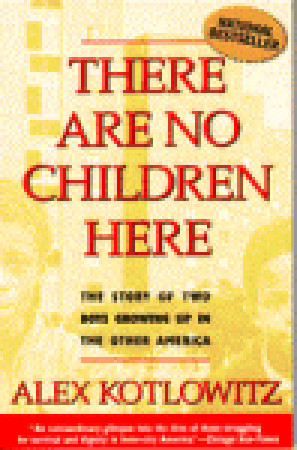
No Shame in My Game: The Working Poor in the Inner City
Book Description
In a world where survival often feels like a cruel game, the struggles of the working poor in urban America reveal the raw, unfiltered reality of day-to-day existence. Katherine S. Newman sheds light on the tireless efforts of those who hustle through relentless jobs, battling systemic injustices and societal indifference, all while dreaming of a better life. Each poignant story captures the grit and resilience of individuals navigating this harsh landscape, highlighting the dignity that persists against overwhelming odds. What sacrifices are people willing to make in the pursuit of hope, and can a more just society ever truly emerge from the shadows?
Quick Book Summary
"No Shame in My Game" by Katherine S. Newman is a profound exploration of the everyday lives of the working poor in New York City. Through ethnographic research centered around fast-food workers in Harlem, Newman dismantles prevailing myths about poverty, revealing the resilience and determination of individuals who strive to make ends meet while facing limited opportunities. The book humanizes the so-called working poor, highlighting their work ethic, aspirations, and the societal barriers they confront. Newman challenges stereotypes that equate poverty with laziness by showcasing the dignity and hope that persist amid adversity. With empathy and rigor, she scrutinizes the structural forces and policy failures that keep hard-working people trapped on the economic margins, ultimately advocating for a more compassionate and equitable society.
Summary of Key Ideas
Table of Contents
The Realities of Working Poverty
Katherine S. Newman conducted an in-depth study by embedding herself within the lives of fast-food workers in Harlem, illuminating the daily struggles and sacrifices of the working poor. Her research reveals that fast-food jobs, often dismissed as unskilled labor, require discipline, resilience, and significant physical and emotional effort. The individuals Newman profiles are predominantly young people of color, who share the universal hopes for personal progress and family stability, despite facing daunting odds.
Debunking Stereotypes About the Poor
Central to Newman’s analysis is the debunking of stereotypes about the poor. She demonstrates that the majority of low-wage workers embrace a strong work ethic, seeking legitimate means to improve their circumstances. Rather than relying on public assistance or turning to illicit activities, these workers persist in their jobs, often juggling multiple roles and long hours. Their efforts to maintain dignity and self-respect challenge the narrative that urban poverty is rooted in laziness or moral failing.
Barriers to Upward Mobility
Despite their persistence, workers encounter severe barriers to mobility, including limited access to education, scarce opportunities for advancement, racial discrimination, and unstable labor markets. Newman shows how structural factors conspire to keep people in low-wage employment, cutting short their aspirations for better lives. These obstacles result not only in economic hardship but also diminished hope, as promotion and security remain frustratingly out of reach for many.
The Social and Psychological Costs of Low-Wage Work
The impact of poverty extends beyond financial limitations, touching the psychological and social well-being of the working poor. Newman details how workers experience demoralization and anxiety from job insecurity, unpredictable schedules, and the public perception of their labor. Nevertheless, many still maintain pride in their work and uphold strong familial and communal ties, drawing support from these relationships even as they confront daily indignities.
Policy Implications and the Call for Change
Newman concludes by examining the broader policy implications of her findings. She calls for systemic reforms, including increased wages, better labor protections, expanded educational access, and renewed public recognition of the value of low-wage work. Newman’s study is a call to action, urging policymakers and the public to reject indifference and to create meaningful opportunities for the working poor. Through empathy and evidence, she advocates for a society that acknowledges both the humanity and the hard work of its most vulnerable citizens.
Download This Summary
Get a free PDF of this summary instantly — no email required.





